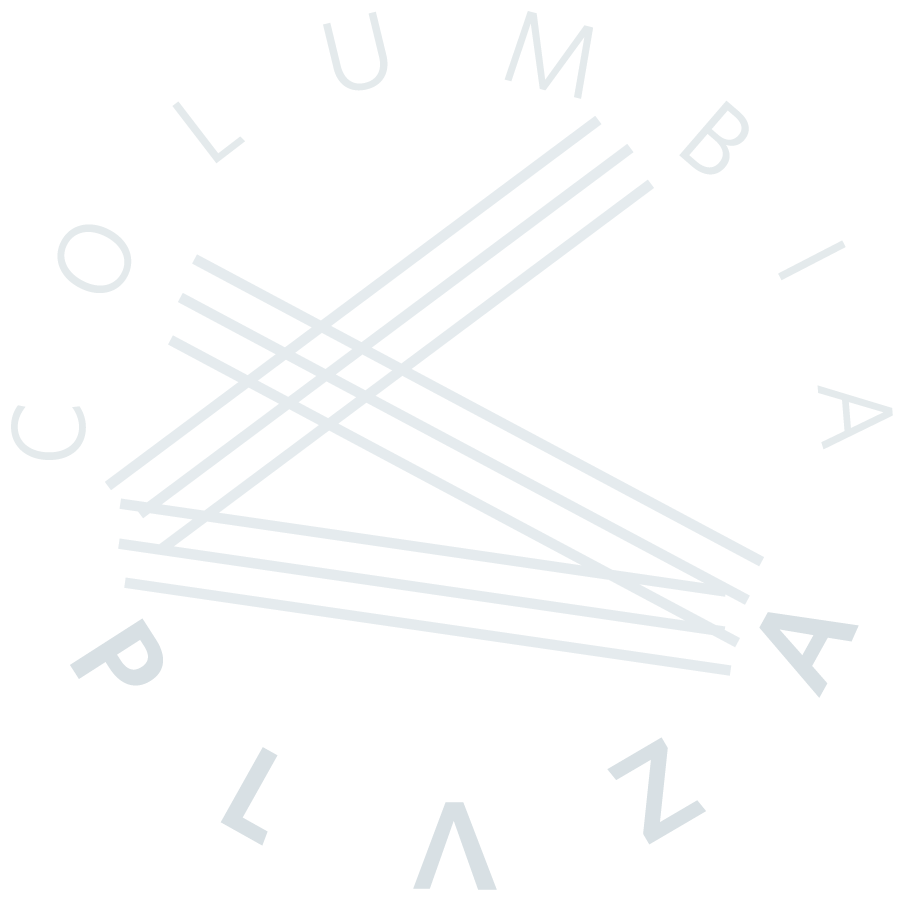Health and Wellness Week Trivia Q&A
Daily Nutrition Trivia- Monday
True or false?
Multigrain breads are whole-grain.
Answer: False.
"Multigrain" means only that more than one grain is present—and the primary ingredient is usually refined wheat flour. Whole-grain flour contains the bran and the germ, and so is rich in vitamins, minerals, and fiber. Refining wheat removes nutrients, and even when it's "enriched" only some are added back. A true whole-grain bread lists only whole grains in the ingredients, not "wheat" or "enriched wheat," which is simply refined (white) flour.
Daily Nutrition Trivia- Tuesday
Rank the following foods for potassium, from most to least:
(a) a cup of orange juice
(b) a cup of yogurt
(c) 3 ounces of halibut
(d) a medium banana
(e) a cup of broccoli
Answer: (b), (a), (c), (e), (d)
While bananas are an excellent source of potassium, with 420 milligrams, other foods have even more: yogurt, 530 milligrams; orange juice, 500; halibut, 490; broccoli, 460. Also rich in potassium are tomatoes, apricots, spinach, beets, prune juice, potatoes, lentils, soybeans, nuts, and sunflower seeds. A potassium-rich diet helps control blood pressure. The goal is 4,700 milligrams a day.
Daily Nutrition Trivia- Wednesday
Rank the following fast foods for their sodium, from most to least:
(a) McDonald's large French fries
(b) a Dunkin' Donuts corn muffin
(c) a Burger King Veggie Burger
(d) a large Burger King chocolate shake
Answer: (c), (b), (d), (a)
Most fast food is very high in sodium—even items you might think are not. For example, the veggie burger at Burger King has 900 milligrams, followed by the corn muffin (770 milligrams). The shake has nearly twice as much sodium as the fries (530 vs. 290).
Daily Nutrition Trivia- Thursday
A label that lists trans fats as '0' means:
(a) the food contains no trans fat
(b) it contains no partially hydrogenated oil
(c) it has less than 0.5 grams of trans fat per serving
(d) it contains no saturated fat
(e) it is healthy for you
Answer: (c)
Because of a labeling loophole, a "trans fat free" food may still contain small amounts of partially hydrogenated oil, the source of artery-damaging trans fats. And these small amounts can add up, especially since standard serving sizes are often small.
Daily Nutrition Trivia- Friday
A calorie is a unit of measurement used to measure what?
(a) amount of energy in food
(b) amount of fat in food
(c) amount of protein in food
(d) amount of water in food
Answer: (a)
First defined in France in the early 1800s, a food calorie (kilocalorie) is the amount of heat (energy) needed to raise the temperature of 1,000 grams (a liter) of water 1° Celsius. Researchers measure calories by using a “bomb calorimeter,” a small chamber in which a food is burned to heat water; the hotter the water, the higher the calorie count.
